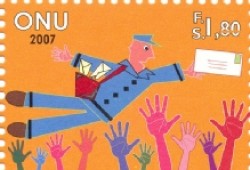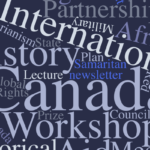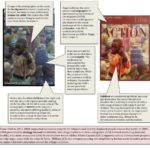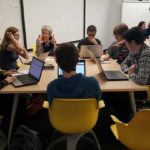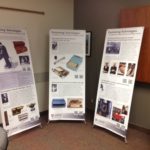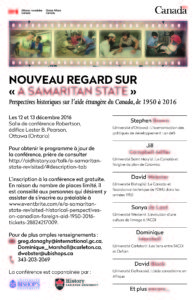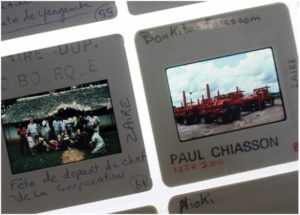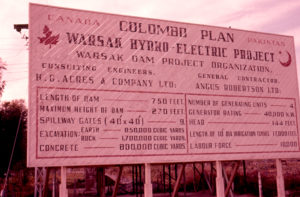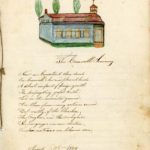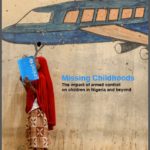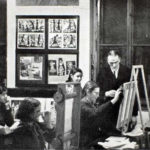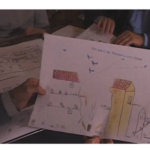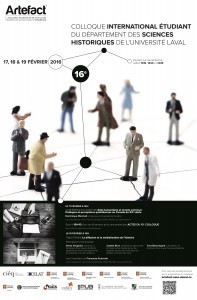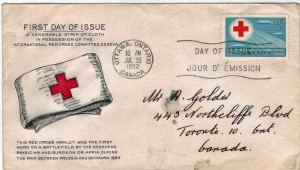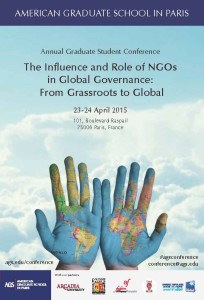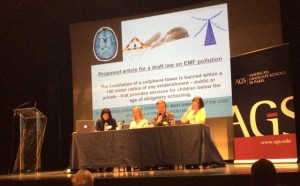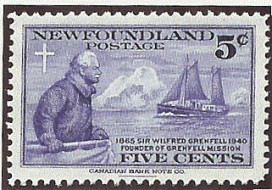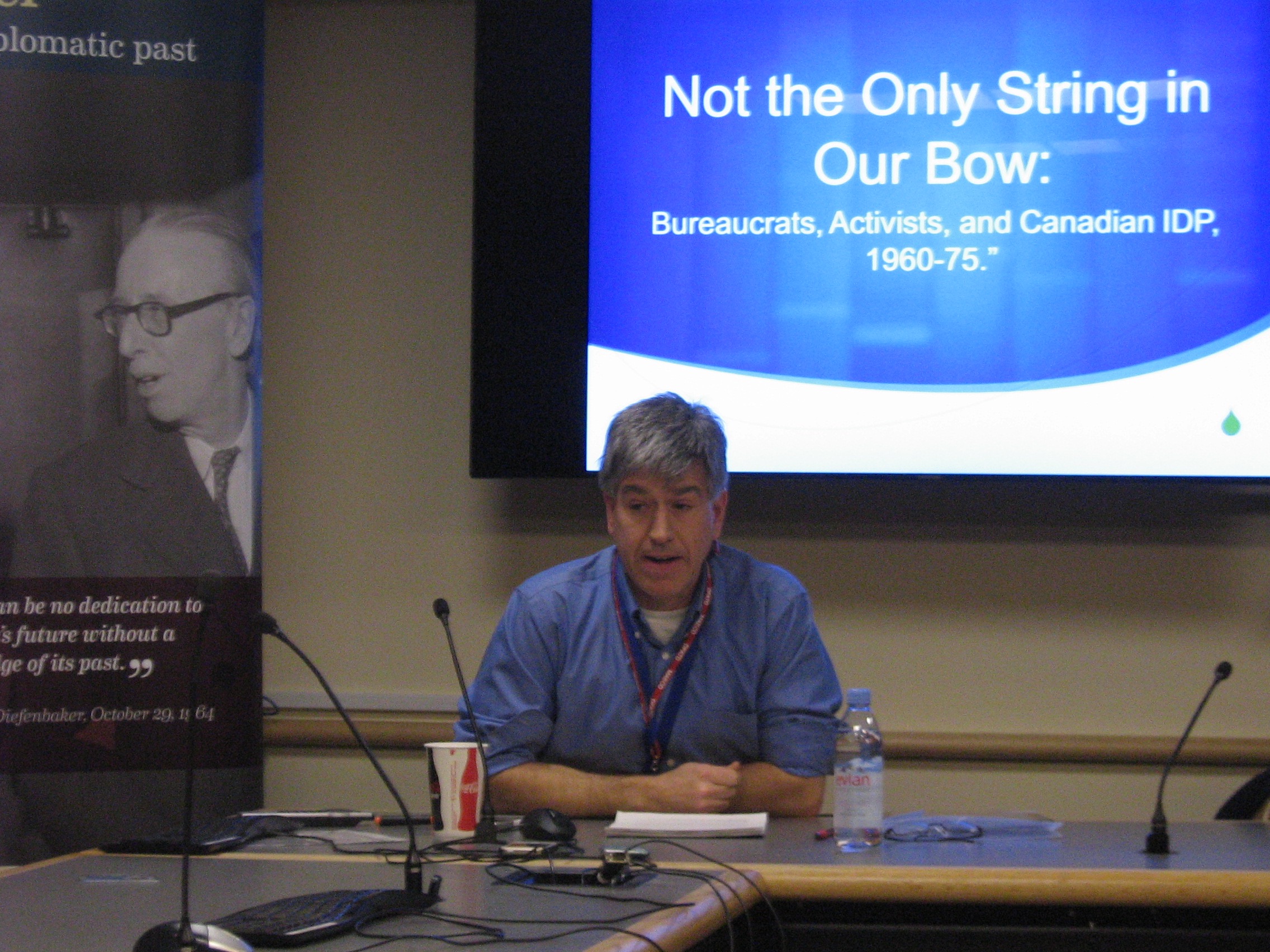The Collection Shaping the Transnational Sphere was just published out of a rich workshop organized by Davide Rodogno, Bernhard Struck and Jakob Vogel.
Here is the table of content:
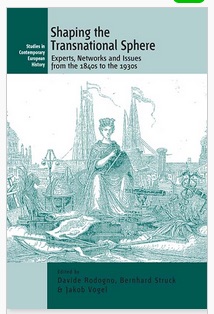
Shaping the Transnational Sphere
Experts, Networks and Issues from the 1840s to the 1930s
Edited by Davide Rodogno, Bernhard Struck and Jakob Vogel
Introduction
Davide Rodogno, Bernhard Struck and Jakob Vogel
PART I: EXPERTS
Chapter 1. Professionalism or Proselytism? Catholic “Internationalists” in the Nineteenth Century
Vincent Viaene
Chapter 2. Sanitizing the City: Transnational Work and Networks of French Sanitary Engineers, 1890s-1930s
Stéphane Frioux
Chapter 3. Policy Communities and Exchanges across Borders: The Case of Workplace Accidents at the Turn of the Twentieth Century
Julia Moses
Chapter 4. The Rise of Coordinated Action for Children in War and Peace: Experts at the League of Nations, 1924-1945
Dominique Marshall
PART II: NETWORKS
Chapter 5. Building a Transnational Network of Social Reform in the Nineteenth Century
Chris Leonards and Nico Randeraad
Chapter 6. The Politics of Expertise: The Association Internationale pour le Progrès des Sciences Sociales, Democratic Peace Movement and International Law Networks in Europe, 1858-1873
Christian Müller
Chapter 7. The Road from Damascus: Transnational Jewish Philanthropic Organizations and the Jewish Mass Migration from Eastern Europe, 1840–1914
Tobias Brinkmann
Chapter 8. From Peace Advocacy to International Relations Research: The Transformation of Transatlantic Philanthropic Networks, 1900-1930
Katharina Rietzler
PART III: ISSUES
Chapter 9. Transnational Cooperation and Criminal Policy. The Prison Reform Movement 1820s to 1950s
Martina Henze
Chapter 10. International Congresses of Education and the Circulation of Pedagogical Knowledge in Western Europe, 1880-1914
Damiano Matasci
Chapter 11. From Transnational Reformist Network to International Organization: The International Associations for Labour Legislation and the International Labour Organization, 1900-1930s
Sandrine Kott
Chapter 12. Shaping Poland: Relief and Rehabilitation Programmes Undertaken by Foreign Organizations, 1918-1922
Davide Rodogno, Francesca Piana and Shaloma Gautier
And here is the introduction of my piece:
“As Edward Fuller was compiling the third edition of the International Handbook of Child Care and Protection in 1928, he received a note from ‘an official of one of the states’ of whom he had asked ‘questions as to “child welfare” activity’. ‘We do not know what you mean by “child welfare”’, his correspondent had replied. Yet, pondered Fuller, that state harboured ‘public and private activities for the care and protection of children’. In a text that promoted the exchange of information and the production of uniform statistics, Fuller also noted that ‘word agreement’ was urgently required.[ii] This chapter considers a network of experts and transnational advocacy groups that gathered to realize these aims. This network, which included Fuller, was created and operated by the Child Welfare Committee (CWC) of the League of Nations,[iii] an appointed body of national delegates and independent ‘assessors’ from voluntary organizations that met eleven times in Geneva, from its creation in 1924 until the interruption of the activities of the League in 1939.
Endowed with a relatively small budget, the Child Welfare Committee was entrusted with a set of universal standards that had been adopted in the year of its creation by the General Assembly of the League of Nations – the Declaration of the Rights of the Child. The committee was to establish detailed norms, conduct inquiries, organize conferences and contribute to the construction of new institutions. A corresponding and relatively small number of permanent employees of the Social Section of the Secretariat of the League of Nations were to ensure the implementation of the wishes of the committee. Child welfare was one of the six domains of the Social Section, headed, until 1931, by Dame Rachel Crowdy, a British charitable worker associated with Armenian relief and leader of the British Voluntary Aid Detachment during the First World War. Crowdy was then replaced by the Danish lawyer, diplomat and humanitarian Erik Einan Ekstrand. Only one member of the staff of the League worked solely on questions of child protection, the Belgian Andrée Colin, former secretary of the Brussels-based International Association for the Promotion of Child Welfare.[iv] The Child Welfare Committee also answered to the Fifth Committee of the General Assembly of the League, on ‘Social and General Questions’.
This chapter identifies the variety of traditions that informed the work of transnational child-welfare experts, the kind of expertise they claimed to possess, and the nature, methods and objects of concern of the institutions and networks they helped to put in place. The discussion uses the tools of a cultural history of knowledge that is attentive to the elaboration of legitimate expertise, of a history of transnationalism that considers networks as hybrid and polyvalent and of a history of state formation that considers public institutions as a variety of bodies with relative autonomy in reciprocal relations with the wider political culture.[v] The reflections in this chapter on such deep relationships between the constitution of expertise and the wider transformations of political cultures are mostly informed by the history of Canadian public life.
[i] This chapter is part of a history of child welfare diplomacy around the League of Nations’ Declaration of the Rights of the Child of 1924 and its Child Welfare Committee that is funded by the following agencies, which I thank: Social Science and Research Council of Canada, Leverhulme Trust, Institute of Historical Research and Carleton University Internal Research and Travel Grants. It has benefited from the comments of Pierre-Yves Saunier and Johannes Pullman, and from the revisions of James Braun, research assistant.
[ii] Edward Fuller (ed.), The International Handbook of Child Care and Protection (3rd edn, London 1928), vii–xii.
[iii] In 1924, the new Child Welfare Committee was paired with the Advisory Committee on the Traffic in Women and Children, which the League had absorbed in 1922; together they formed the Advisory Commission for the Protection and Welfare of Children and Young People. The national members were to work on both issues, but the assessors were nominated for only one. The name changed again in 1936 to ‘Advisory Committee on Social Questions’, now a single committee. H. Aufricht, Guide to League of Nations Publications: A Bibliographical Survey of the Work of the League, 1920–1947 (New York 1951), 200–11. The general information also comes from LONSEA: Searching the Globe though the Lenses of the League of Nations, http://www.lonsea.de/pub.
[iv] The International Association for the Promotion of Child Welfare (French title: Association internationale de protection de l’enfance [AIPE]) had been founded in 1921 to bring together members of the Belgian, French, Italian, Luxemburg and French governments and private individuals. Fuller, International Handbook, 584–85. Andrée Colin headed its office, called the Office international de la protection de l’enfance.
[v] M. Poovey, Making a Social Body: British Cultural Formation 1830–1864 (Chicago 1995); S. Gunn, History and Cultural Theory (Harlow 2006); E. Zimmermann, ‘Intellectual Elites’ in Palgrave Dictionary of Transnational History, eds A. Iriye and P.-Y. Saunier (Basingstoke 2009), 547–50; P. Abrams, Historical Sociology (near Shepton Mallet, Somerset 1982); Ann Showstack Sassoon, ‘Gramsci’ and ‘Hegemony’ and V.G. Kiernan, ‘Intellectuals’ in Dictionary of Marxist Thought, ed. T. Bottomore (Oxford 1991), 221–23, 229–31 and 258–60 respectively; D. Rodogno, B. Struck and J. Vogel, ‘Introduction’ in this volume.

